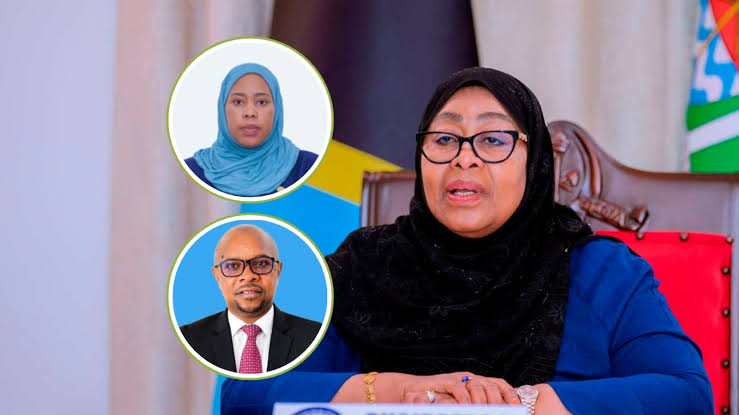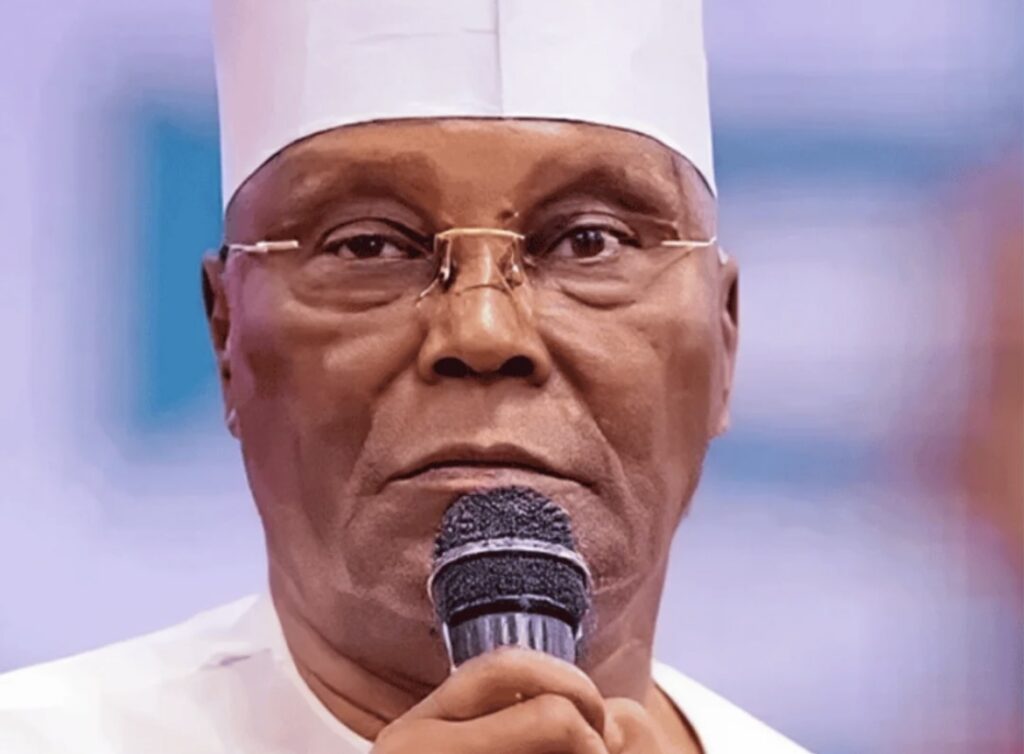Tanzanian President Faces Backlash After Nepotistic Cronyism of Appointing Daughter, Son-in-law As Ministers

Tanzania’s President, Samia Suluhu Hassan, has come under intense scrutiny after unveiling a major cabinet reshuffle that placed close family members in key government positions.
The announcement, made on Monday as she released an expanded ministerial lineup, has ignited nationwide debate over nepotism and governance.
Among the most talked-about appointments is that of her daughter, Wanu Hafidh Ameir, who was named Deputy Minister for Education, Science and Technology. Ameir, a 43-year-old Member of Parliament representing Makunduchi Constituency in Zanzibar, will serve under Education Minister Adolf Mkenda.
Her elevation into the cabinet immediately drew attention due to her direct family ties to the president.
Also promoted was the president’s son-in-law, Mohamed Mchengerwa, who became Minister of Health. The Rufiji Constituency MP has held various government roles in recent years, but the new appointment — in one of the nation’s most critical ministries — has intensified the public conversation around political favoritism.
The reshuffle itself was extensive. President Samia announced 27 ministers and 29 deputy ministers, while dropping several long-serving cabinet members. Another high-profile addition was Ridhiwani Kikwete, son of former President Jakaya Kikwete, who was appointed Minister in the President’s Office for Public Service Management and Good Governance. His inclusion further deepened discussions about rising political dynastic influence within the ruling CCM party.
Reactions across the country have been sharply divided. Opposition figures and civil-society groups have condemned the appointments as clear examples of nepotism, arguing that placing family members in powerful positions weakens transparency and could erode public trust.
They also point out that the move comes shortly after an election in which President Samia was declared winner with nearly 98 percent of the vote — an outcome that drew scrutiny from international observers.
On the other hand, government supporters insist that both Ameir and Mchengerwa are qualified in their own right. They note that the two were elected lawmakers long before their new appointments and argue that the reshuffle is intended to strengthen performance across key ministries.
As the dust settles, political analysts say the decision could have long-term implications for Tanzania’s governance structure and credibility.
For now, public attention remains firmly on the new ministers — and whether their work will silence criticism or deepen concerns over the direction of the Samia administration.









